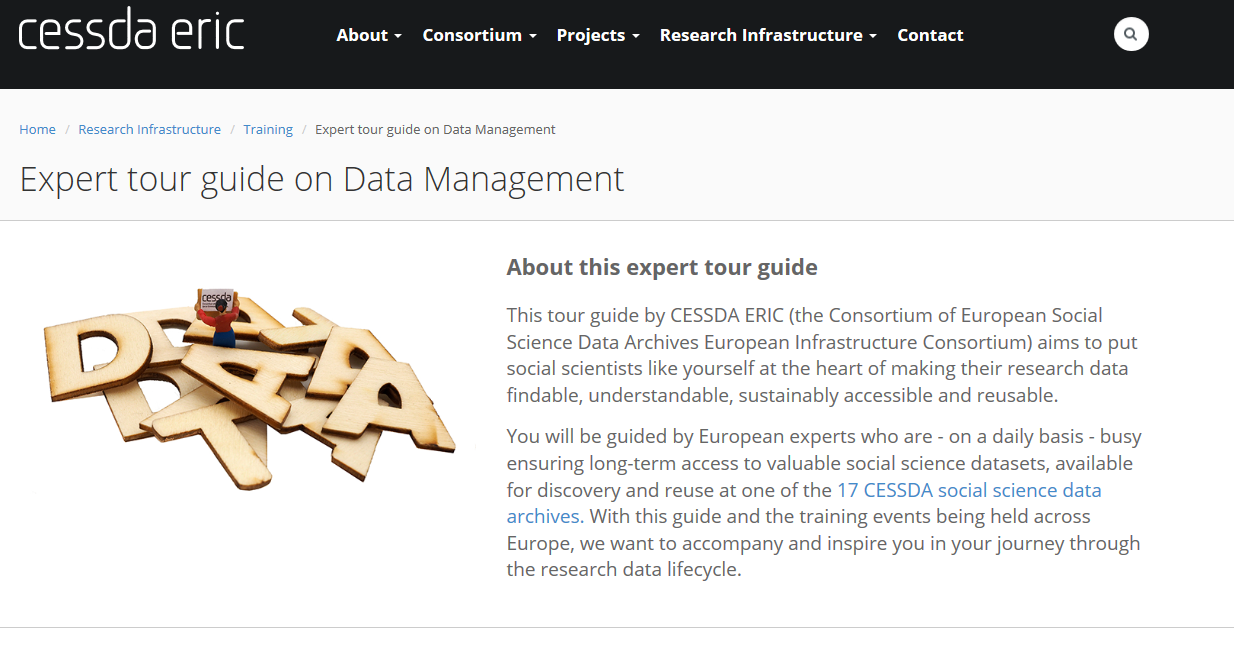This week we will be changing how Research Groups are represented in ORO. The benefit of representing Research Groups in ORO includes being able to quickly ascertain all the publications of a Research Group and the ability to embed this information via RSS feeds into other web pages.
Up until now Research Groups have been associated to individuals – this means that an affiliation to a Research Group is represented on all their papers in ORO – irrespective of the relevance of the particular paper to the Research Group. This has meant some papers have inappropriate Research Groups associated with them.
From Tuesday 20th December this method will change to tagging individual papers with one (or more) Research Groups. This can be done in the usual deposit workflow where the option to choose Research Groups will be available to the depositor. This should lead to a more accurate representation of any Research Group’s publication set.

What’s a Research Group? Well, I’ve left that intentionally vague. This functionality is available to any self defining Research Group at the OU – it may be a formally defined Strategic Research Area or a smaller research collaborative. If this functionality of ORO is useful to any group then it can be used by them. Similarly, if it’s not useful to a particular research group, then there is no compulsion to use it.
We have canvassed the Research community and have a set of Research Groups we are adding to ORO. If you wish another Research Group to be added, or a publications set for any particular group to be reviewed please contact me: library-research-support@open.ac.uk

